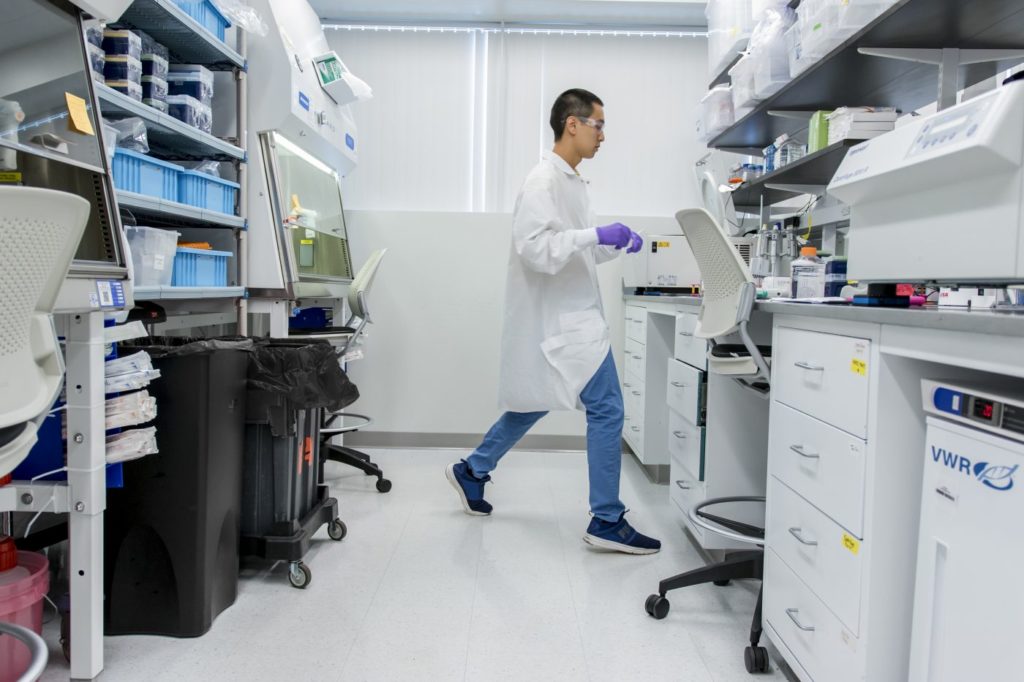By Sal Daher, CFA
The miracle of the mRNA COVID vaccines, brought to us by two startups, leaves no doubt as to the promise of biotech. While experts expected the vaccines to take years, these startups designed theirs in days and were saving millions in a matter of months. The icing on the cake is their 90 plus percent effectiveness. For context, the annual flu vaccine, which my family and I are glad to take, was 39% effective for the last full season on record according to the CDC. The speed and effectiveness results of these startup-designed vaccines are truly a miracle.
The founders and early investors of these groundbreaking companies have done a massively good thing for humanity and were rewarded with many billions of dollars for the early risk they took.
The Moderna and Pfizer vaccines did not come from a void in 2020. They were the products of technologies under development in the 2010s (mRNA) and in the 1990s (Lipid Nanoparticles or LNPs) that happened to be ready when the world needed them. There are many more such technologies that are coming to fruition now. Cells as medicine, non-invasive diagnostics, instant diagnostics, AI-assisted diagnostics, digital therapies, hydrogel as therapy and gut bacteria as therapy, to name a few among the many technologies that are now maturing and promise a procession of miracles to come.
Unfortunately, unless you are an institution, a billionaire or an academic rock star, you could not have participated in the early Moderna or BioNtech (Pfizer) opportunities.
The good news is that there are many interesting opportunities in biotech that don’t need billions of dollars in funding making them accessible to angel investors. I know this first hand because I led the angel round for SQZ Biotech (SQZ:NYSE) and Savran Technologies. I also invested early in QSM Diagnostics, LumenDX, VistaPath Bio, Akili (FDA-approved video game to treat ADHD), Gelesis (FDA-approved hydrogel to treat obesity), Ancilia and Vedanta Biosciences (Phase2 clinical trials for a C. Diff. therapy derived from gut bacteria)..
In the coming decade we will see an explosion in the number of interesting life science startups. Only a small fraction of these will be backed by venture capital, who are increasingly interested in creating their own ventures. The remaining startups will be backed by angel investors and others. Among these I see many opportunities for the kind of investing I have been doing. Founders, many still wearing lab coats, will need funding, business advice, connections and encouragement if their startups are to realize their promise. This is where angel networks excel. I invite you to join me and Labcoat Ventures on this adventure.


